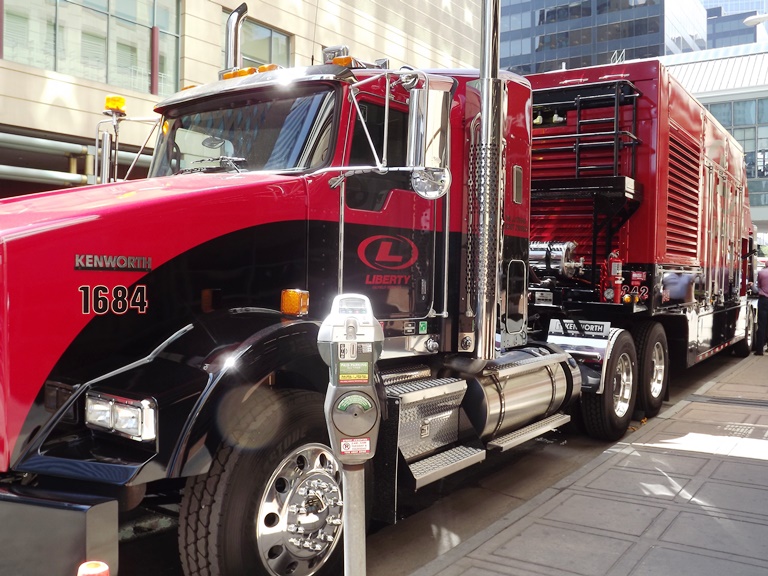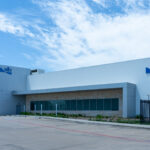Liberty Oilfield Services announces closing of $175 million term loan and $250 million revolving credit facility
Denver-based oilfield services company Liberty Oilfield Services announced Tuesday that the company closed a debt deal. The company entered two new debt facilities consisting of a $175 million, five-year term loan and a $250 million asset-based revolving credit facility (ABL) subject to a borrowing base. Upon closing, $55 million was drawn on the new ABL, positioning Liberty with over $100 million of available liquidity. The new debt facilities were used to retire the company’s prior debt facilities and will provide liquidity to fund future growth and operations, Liberty said in its press release.

“Our current capital spending plans are expected to be covered by cash-flow,” explained Wright, “but this gives us more flexibility to adapt to dynamic market conditions.” Where the company decides to put the capital to use will depend on where opportunities present themselves, he added.
Liberty CEO Chris Wright added in the press release, “Completion of the new debt facilities on attractive terms provides Liberty with the financial flexibility to execute on our disciplined organic growth strategy, and to further invest in the latest technological innovations, from custom fluid systems and integrated completion analysis techniques to next-generation equipment developments across the Liberty fleet.”
“The idea [for the debt deal] was to give us the flexibility to grow,” Wright told Oil & Gas 360. The company has continued to grow since its inception, he said, and the new debt facilities would give Liberty the ability to pursue new opportunities as it saw fit.
Liberty operates in the Permian, DJ, Williston and Powder River Basins. The company emphasizes the use of data during jobs using real-time feedback on variables that maximizes customer returns by improving cost-effective hydraulic fracturing operations.
Service cost sensitivity is increasing in the Delaware Basin
Wright indicated that Liberty has seen increasing activity in the Permian Basin in the last 12 months, which is no surprise given the rush of E&P capital into the region. As more operators look to drill what is considered some of the best rock in the country, service companies are also seeing an uptick in activity, particularly in the regions hot sub-basin, the Delaware.
As operators drill more wells in the Delaware, E&P companies are becoming more sensitive to changes in service costs, according to EnerCom’s September Energy Industry Data & Trends Report. In EnerCom’s first-quarter Delaware well economic models, the average well in the Delaware could withstand a 7% increase in service costs and still support internal rates of return (IRRs) of 20% or greater at $45 WTI and $2.50 NYMEX natural gas prices. In the second-quarter update, Delaware wells were below 20% IRRs with the same price assumptions even with service costs left unchanged.
At the time of publishing for the September Energy Industry Data & Trends report, WTI had averaged $49.40 per barrel while NYMEX averaged $3.06 per Mcf. Using those prices in its models, EnerCom found that the Delaware continues to be an economic play, but operators in the country’s most active basin are feeling the effects of increased service costs more acutely now than during the first quarter of the year, EnerCom said.

Service costs on the rise, but Liberty and others are working to push continual improvement
Wright said that E&P service costs have been increasing in the industry at large over the last 12 months as well. “Last summer we had low levels of well-capital investment. The only way to go was up,” he said. “It has gone up faster than I expected, though.”
This has not stopped the company from looking for ways to help customers, however. Liberty continues to focus on technologies and improving efficiencies to help customers continue to improve operations in the current price environment, explained Wright. “We work with operators in every basin to help them lower their costs per barrel,” he said. “Focusing on frac designs and more efficient operations results in win-win situations for both the E&P companies and service companies such as Liberty,” he said.







